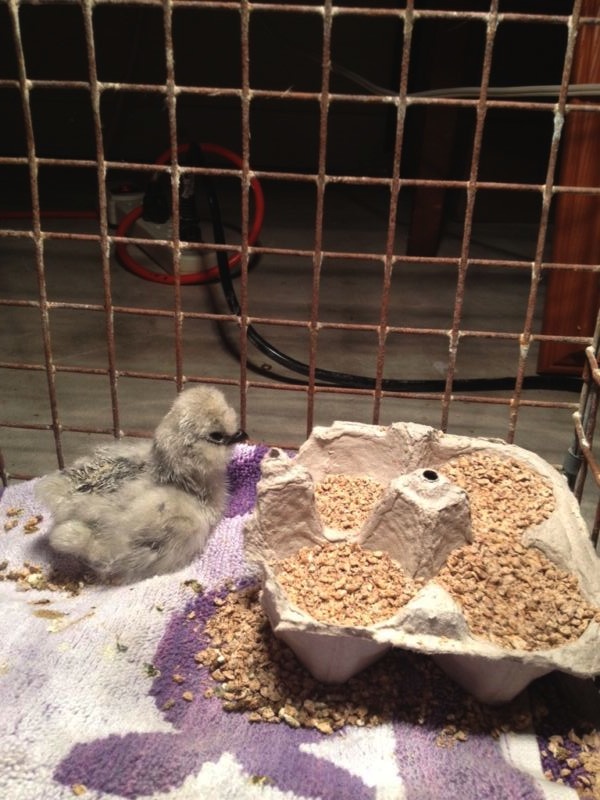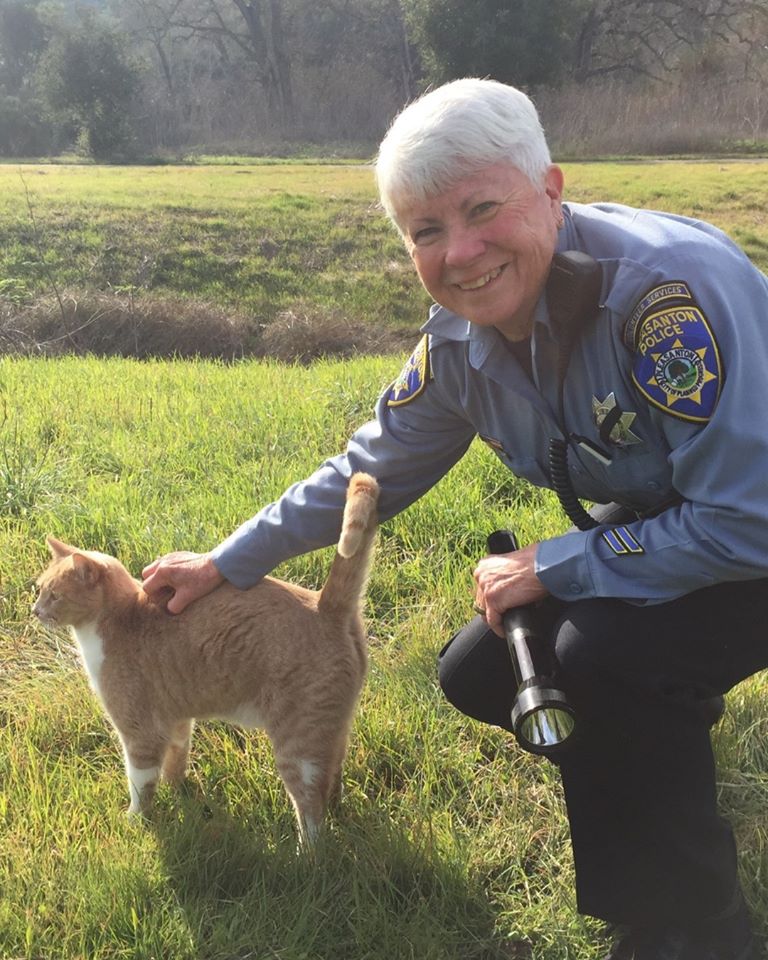Voters in California will have the chance Tuesday to cast their ballot in favour or opposing an upgrade to the state’s laws related to the confinement of farm animals.
Prop 12, a coalition of California veterinarians, family farms, animal shelters and protection organizations, wants to ban extreme cage-free housing and force improvements in space requirements for some farm animals. The three types of animals typically confined in tiny cages on factory farms include veal calves, mother pigs, and egg-laying hens.
If the proposition is passed, it would change the types of cages used to confine those types of animals and ensure that veal, pork, and eggs sold in the state come from operations meeting these modest standards.
A decade ago, California voters voted to force farms to stop using cages on egg-laying hens that were so tiny that standing up or spreading their wings was not a possibility. That measure, Proposition 2, banned farmers in the state from using battery cages and other cramped crates for gestating pigs and veal calves. California is not a big pig or veal calves producing state. Proposition specified that hens be given enough space to move around and animal advocates say farmers then just refitted their barns with larger colony cages.
Proposition 12 requires that eggs being sold in California come from cage-free hens by the beginning of 2022, and it details what that means. It also requires that all veal and pork products sold here come from calves or breeding pigs (or their offspring) that were not confined. This is a humane measure that will move farmers toward better treatment of their animals, and voters should support it.
Dubbed the Prevention of Cruelty to Farm Animals Act, Proposition 12 is sponsored and financed by the Humane Society of the United States, which also backed Proposition 2.
In contrast to the earlier initiative, this measure specifies how much barn floor space a hen should get and the types of cage-free layouts that are acceptable.




